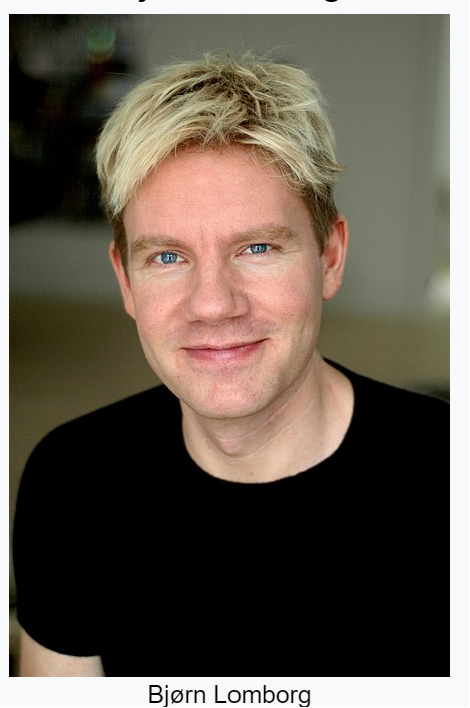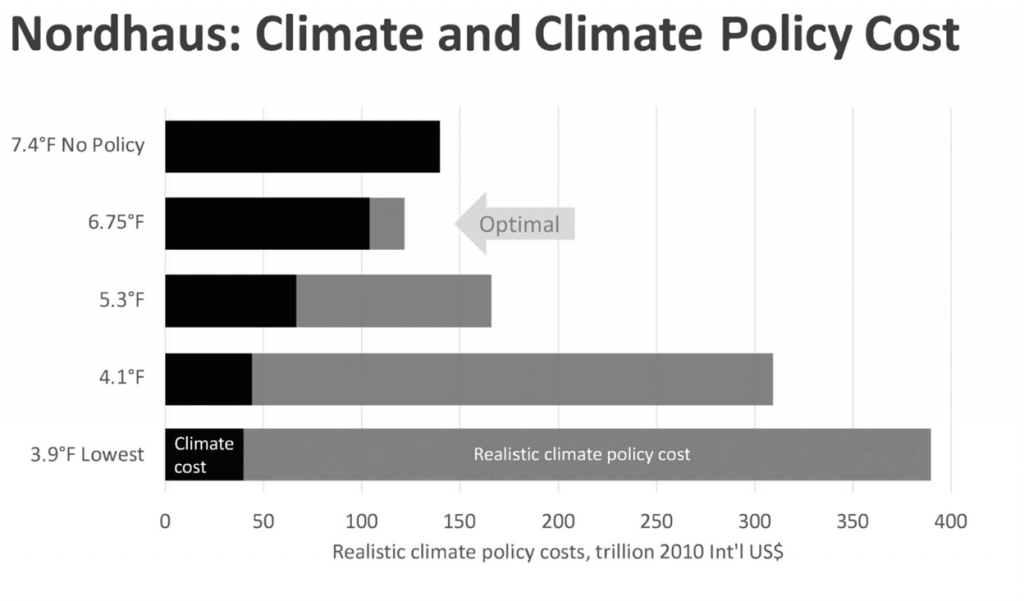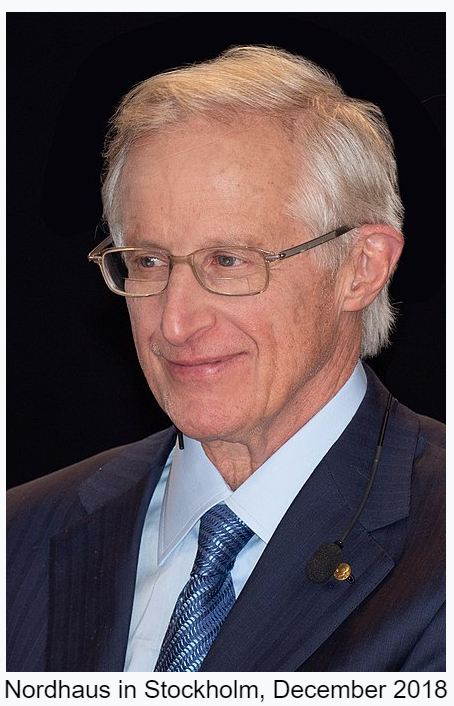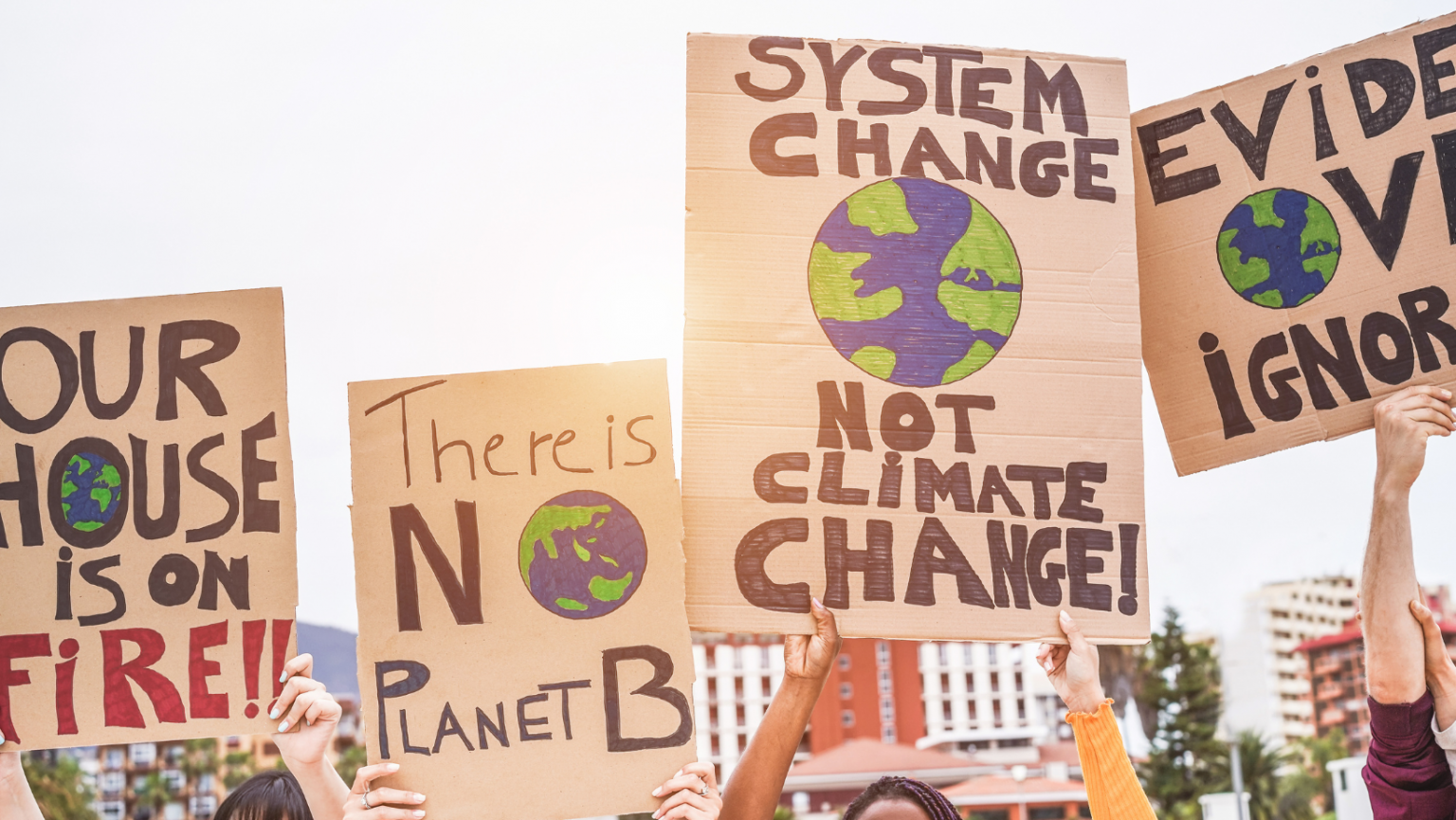By Edmund Halley
New Perspective: Out with the Old
For decades, we have been told that unless you fully embrace the looming catastrophe known as global cooling (1970s), global warming (the following 20 – 30 years) and now climate change (the last 20 years), you are a climate denier.
But things have changed. Those who were called climate deniers will be happy to know that they are increasingly accepted as “mainstream” in climate predictions as forecasts have moderated.
Gone are the dire warnings of the end of life as we know it by 2050, all due to CO2 loading from burning fossil fuels.
New climate models, now better at predicting how Earth’s systems work, suggest we have time “to get it right” and develop technologies that will shift us towards more sound uses of our Earth’s resources and humankind’s economics.
Chicken Little Is Now Extreme
It is the catastrophists, the alarmists and the fearmongers, even the Chicken Littles, who are now at the extreme, denying the moderating forces of Earth’s complex atmospheric dynamics.
Rising sea levels flooding downtown Portsmouth, a warming atmosphere destroying plant habitat in the White Mountains, melting Arctic ice caps and the elimination of the polar bear are extreme outcomes that are unlikely to occur in our lifetimes.
Ironically, those who have used fear to say we must stop burning fossil fuels immediately, adopt radically different lifestyles, allow ourselves to be controlled by centrally planned government authorities, eliminate our carbon footprint and rely solely on renewable power have become the new climate deniers.
Climate Change Reset
One of the leading scientists breaking this new ground is Dr. Judith Curry. She’s been around since the early days of climate science.
Dr. Curry’s Deep Knowledge of Climate Change
She is President of Climate Forecast Applications Network (CFAN) and Professor Emerita of Earth and Atmospheric Sciences at the Georgia Institute of Technology. She earned her Ph.D. in atmospheric sciences in 1982 from the University of Chicago.
She’s taught at the University of Colorado, Penn State and Purdue. She’s authored many scientific papers as well as textbooks in her field. She has served on numerous climate-related advisory boards, including those at NASA, Department of Energy, the National Academics Climate Research Committee, the Space Studies Board and the NOAA Climate Working Group.
Read More about Dr. Curry
You can read more of her work at her blog, Climate Etc. at www.judithcurry.com. In 2023, she published a new book, Climate Uncertainty and Risk; Rethinking Our Response.
She describes the seismic shift in thinking about climate change in her new book. Buy it and read it.

Source: Dr. Judith Curry
A More Balanced View
This growing reality among leading climatologists and environmentalists that climate change is caused as much by natural phenomena such as solar flare activity, volcanism or shifting oceanic temperature trends as it is by the burning of fossil fuels puts the lie to the fearmongering we have experienced since the 1970s.
Reread the climate discussions published by the Portsmouth Pulse earlier this year for further discussions about these alternative explanations for climate change to carbon dioxide build-up in our atmosphere. Alternative Drivers for Climate Change
The “climate deniers” then become those who cling to climate catastrophe, net zero goals, and the elimination of our energy base-load supplies. They insist on embracing the now outdated forecasts of the United Nations IPCC forecast of 8.5% growth of CO2, or RCP8.5.
This RCP8.5 scenario requires that coal use, for example, must increase over six-fold over today’s level by 2100. Such dramatic assumptions provide an implausible and dire outcome, driving fear of climate catastrophes that are unlikely to occur. Academics like to use this scenario in their papers because it gives dramatic, even sensational results to their papers. Academics are driven by “publish or perish” and the more articles they can generate that promote dire predictions, the closer they get to being tenured. Unbiased, logical scientific work and articles are sacrificed for the expedient and sensational conclusions.
The media love such sensational conclusions. The articles provide just the red-meat quotes that feed fear. “If it bleeds, it leads” is an old quote in journalism. Today, make sensational predictions and we will bleed with fear.
She Knows the Pressures of Academia Well
Dr. Curry knows the academic pressures well. Today she speaks as a consultant who knows she must get her conclusions right, not get published. In her book, she writes, “Scientific assessments do not need to be consensual to be authoritative. Speaking consensus to power acts to conceal uncertainties, ambiguities, dissent, and ignorance behind a scientific consensus. Greater openness about scientific uncertainties and ignorance, plus more transparency about dissent and disagreement, would provide policymakers with a more complete picture of climate science and its limitations.”
Why Should We Portsmouth Residents Dismiss Fearmongering Climate Predictions?
We should question and dismiss these predictions for several reasons.
There are several City Councilors who have embraced catastrophic climate change as a reason we residents must accept new programs whose costs have not been fully analyzed for questionable, uncertain and even unknown benefits.
But, with a shrug of the shoulders and undisciplined thinking, these expenses are said to be necessary due to climate change. These measures are being forced on the citizens with sloppy thinking by our leaders and politicians.
Examples of Lousy Local Policy Development
Here’s a sampling of current municipal or regional programs being considered or already enacted with no cost-benefit analysis regarding the reduction of risk from climate change: charging stations to be built in Portsmouth, the allowance of solar panels in the Historic District, revision of permissible window designs, establishment of Community Power, shutting down critical components of our energy supply triad for meeting our base-load needs.
All of these are being discussed or pushed with perhaps the best of intentions to reduce or eliminate carbon in our atmosphere. But there are so many questionable benefits as to force a critical question: will these really make a difference in saving the earth by 2050 or 2100?
Global Warming Is Not the Most Important Problem We Face
Despite everything the alarmists (whom we will now call climate deniers due to their irrational belief that we are about to drive over the climate cliff), there are far more important global issues our society faces than climate change. Even little Portsmouth faces these issues, too.

Trade-Offs
Bjorn Lomborg has put this into perspective when he says “there are costly damages associated with climate change. But there are also costly damages associated with climate policies. Too many politicians and the media focus only on the former. … they don’t tell us about or report on the fact that the policies we enact also have costs.” Lomborg is president of the Copenhagen Consensus Institute, a visiting fellow at the Hoover Institution, and a former director of the Danish government’s Environmental Assessment Institute. He recently authored False Alarm: How Climate Change Panic Costs Us Trillions, Hurts the Poor, and Fails to Fix the Planet.
In the graph, the temperature change numbers come from 2013, when an increase of 7.4 degrees Fahrenheit (F) was forecast by Yale University climate economist William Nordhaus to occur by 2100 if nothing were done to mitigate climate change. Nordhaus won the Nobel Prize in 2018 for his work on climate and the economy. The graph shows the cost to climate change together with the cost of climate policy to bring the 7.4 degrees F down to as low as 3.9 degrees F.

More recently, Lomborg, using Nordhaus’s work, estimates that if the policy costs and the cost of climate change are totaled, the optimal allowable temperature rise by 2100 is 6.75 degrees F. That is a global reduction of only 0.7 degrees F from the outcome of a temperature increase of 7.4 degrees F if no climate policies are enacted. The estimated cost of this approach is $20 trillion by 2100. To decrease the temperature rise to 5.3 degrees F would cost five times that amount, or $100 trillion.
The concept is clear. The lower the policy goal is to decrease the temperature effect of climate change, the more expensive it will be to the global economy.

Consider this another way. Is it wiser to take $80 trillion away from more pressing issues such as clean water or clean air to reduce the anticipated temperature increase to 5.3 degrees F versus 6.75 degrees F?
Portsmouth certainly has pressing clean water issues that arguably need funding to correct and they are likely more pressing than adding charging stations. Where should the Council spend its (and the taxpayers’) money?
We Couldn’t Have Said It Better
A recent reader put this issue in a better way: “With all due respect, I encourage our Council to spend less time trying to save the world and more time working to save Portsmouth taxpayers money.”










